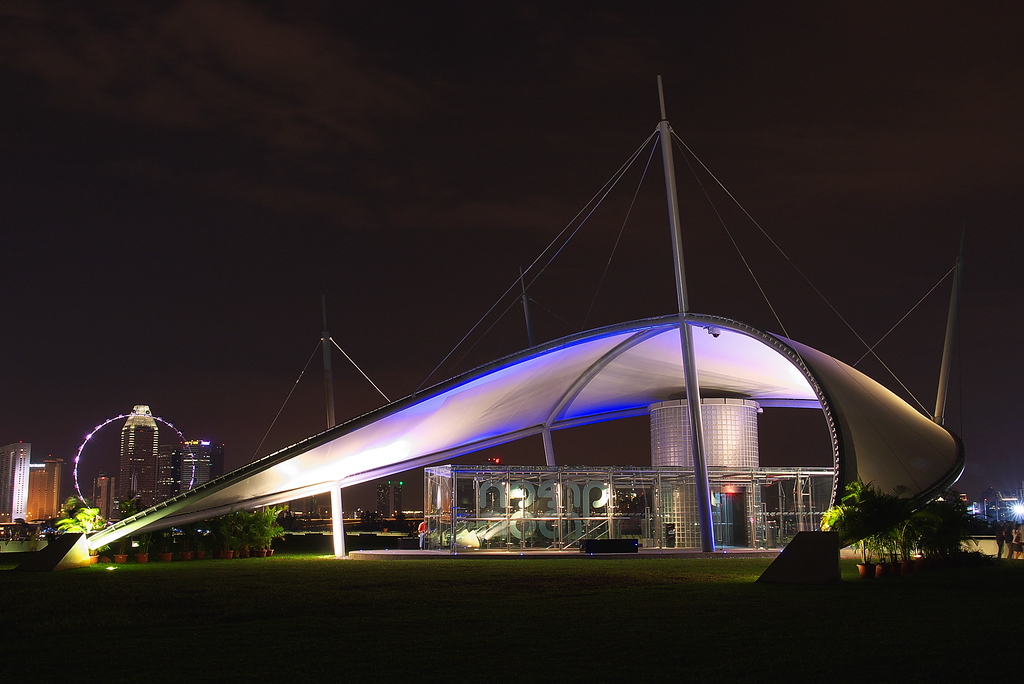Try cranking down your fstop from f11 to lower. Maybe in the range of F4 or F5, the picture will be better. BTW, you don't need until 30s shutter speed. Probably few secs would be good enough.
When in good light or daylight, using fstop value in the range of f11-f16 will give you good focus.But at night, you need all the light you can get.So go lower on the f-stop number and open up the shutter. This will give a warmer exposure and lesser noise. The picture above is over-exposed and so loss of quality is evident, thus more noise evident in sky.
I don't know what you're writing, but it definitely contradicts itself and is very misleading.
1) Stopping down the aperture does not give you good focus
Stopping down gives you added depth of field, not to be confused with sharpness or focus.
2) If you're on a tripod at night, a longer exposure generally has no detrimental impact on a photo
In fact, a longer exposure would let in more light, and you can use that to whatever effect you wish. Night photography is done on a tripod for a reason - so that exposure time does not become a hindrance to you. There is no need to open up the aperture to get more light, especially if you want the depth of field.
3) Opening up the aperture or increasing exposure time does not give you a warmer exposure
Self-explanatory. It gives you a higher exposure value.
4) When a picture is overexposed, it does not result in loss of quality per se
This loss in quality seen here is due to JPEG compression. Overexposed images result in loss of detail if the details are blown out of the exposure latitude/range of the camera sensor.
5) When a picture is overexposed, noise does not become more evident.
On the contrary. It is when an image is underexposed that noise becomes more evident.







